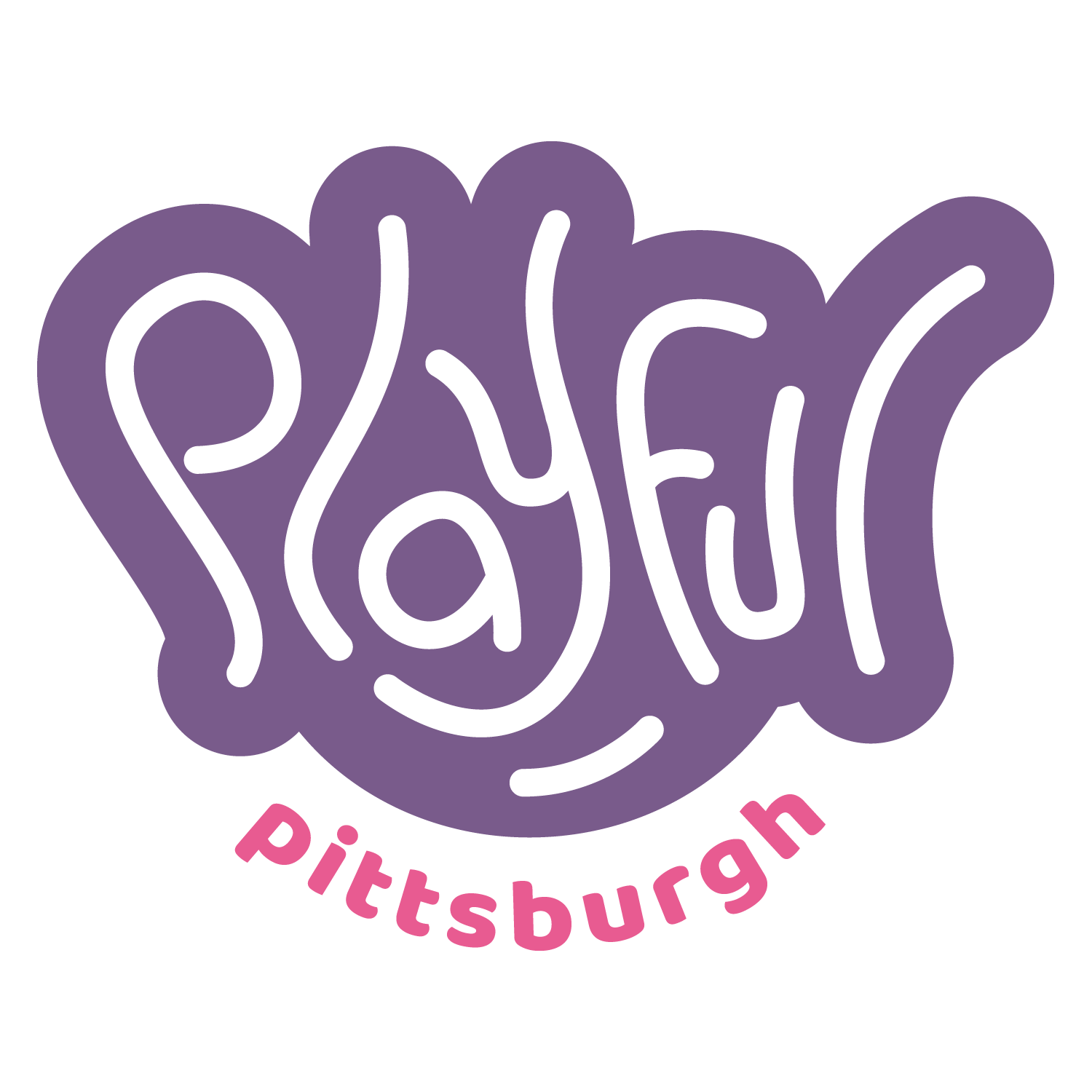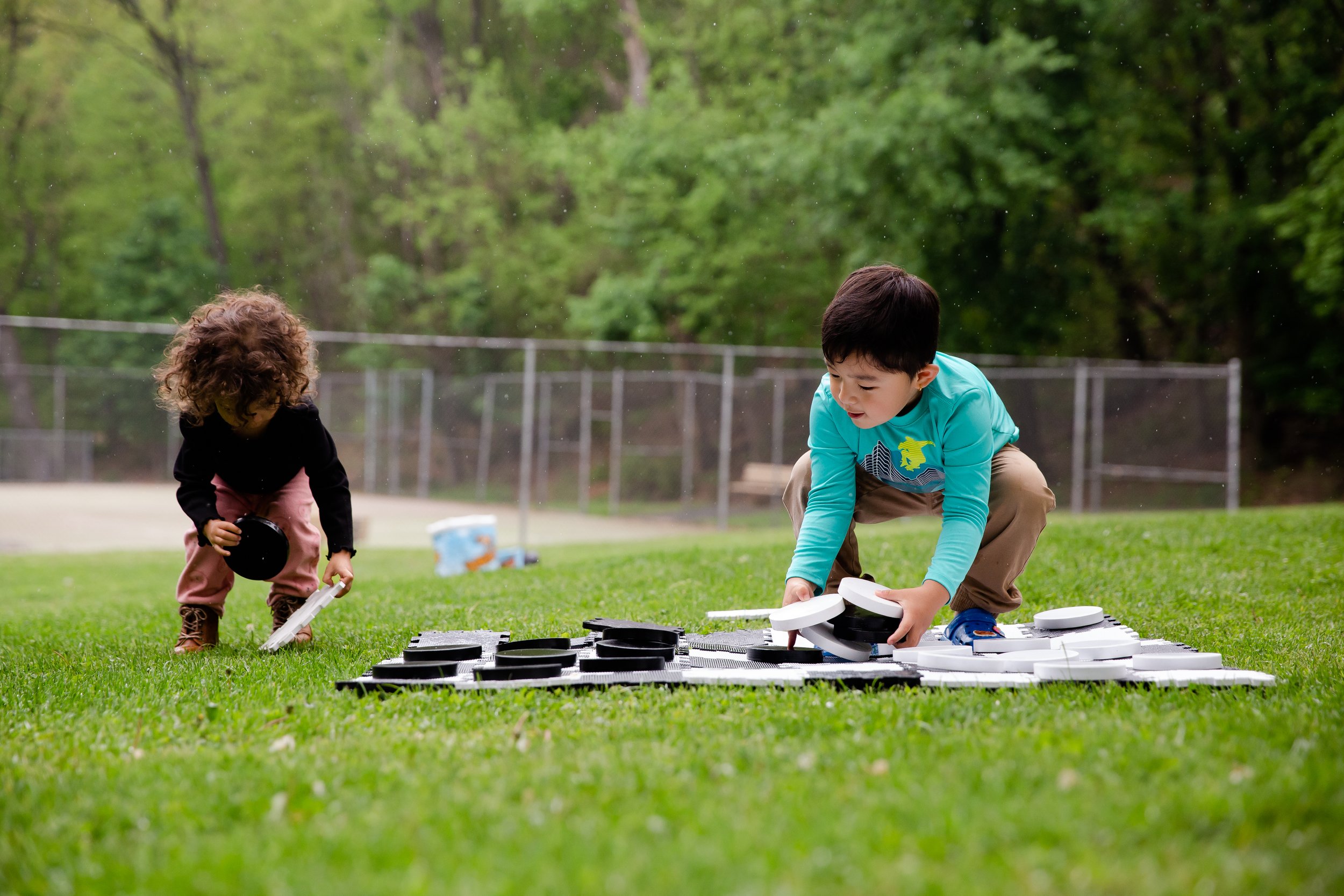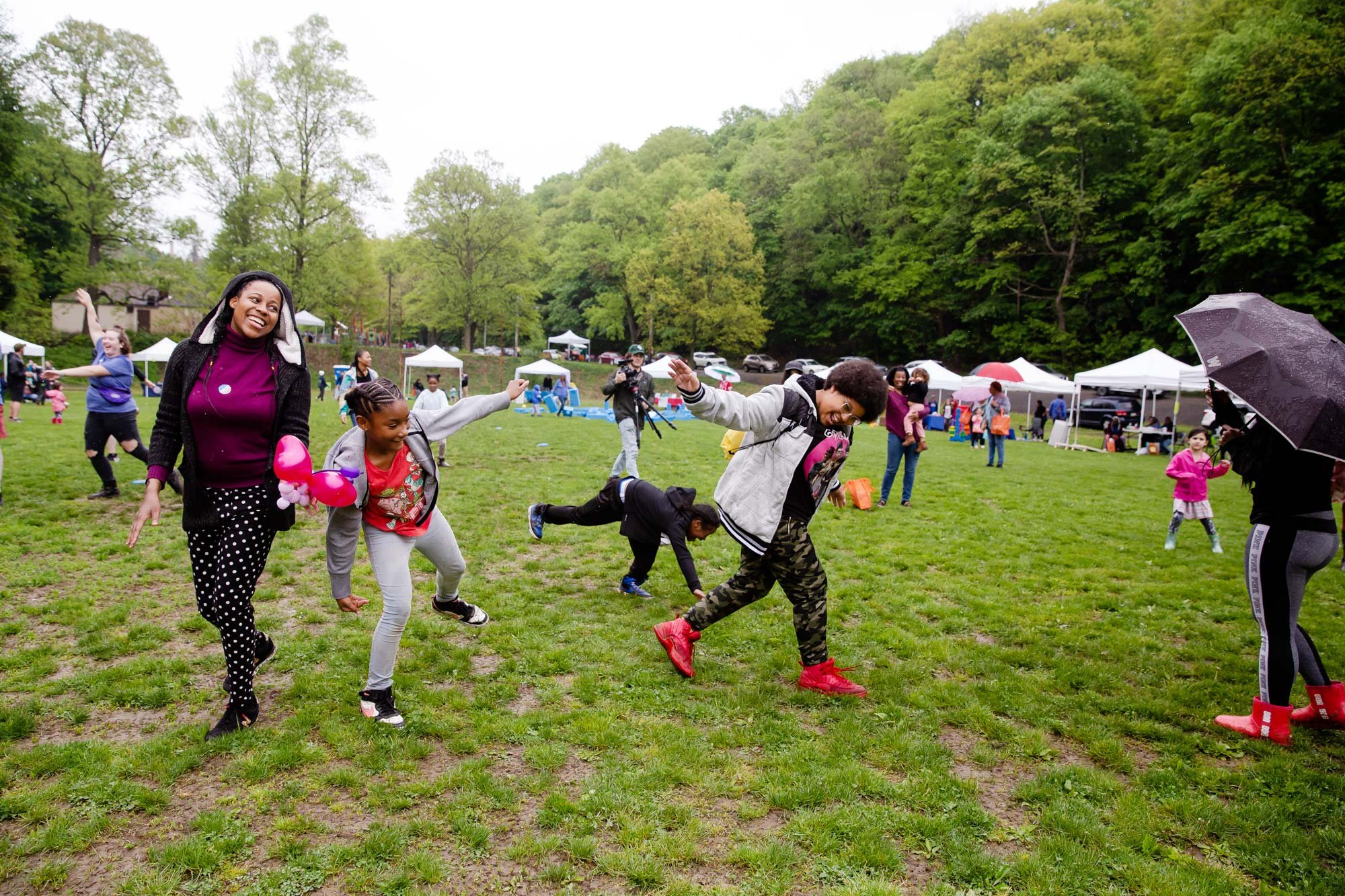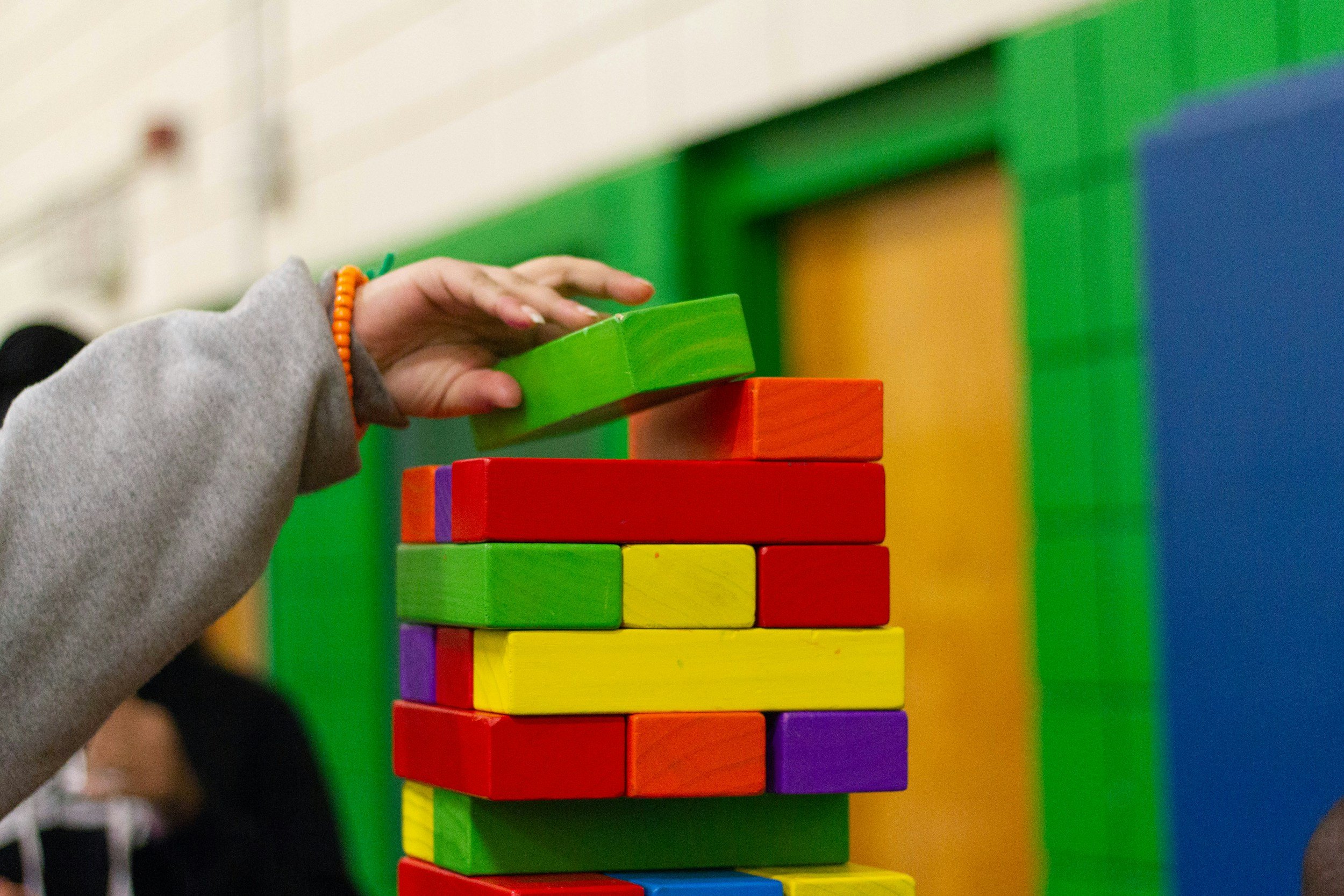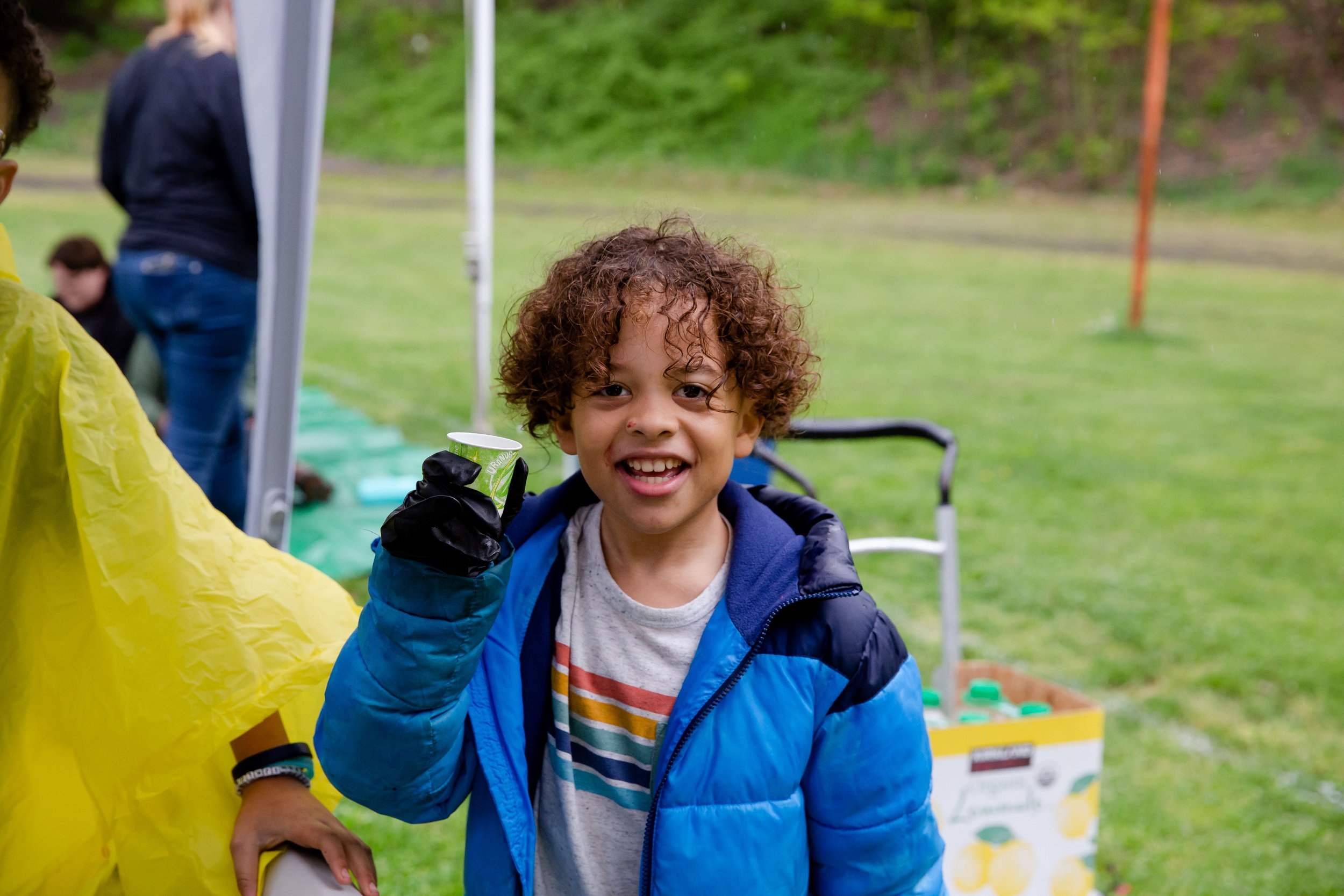
NEWS
Playbook Provides Resources for Emotional Wellness Month
The Genius of Play has released a new playbook that includes a variety of resources to celebrate Emotional Wellness Month in October.
The Genius of Play has released a new playbook that includes a variety of resources to celebrate Emotional Wellness Month in October.
Learn More
The aim of Emotional Wellness Month is to remind people to disconnect and take time for themselves. Emotional well-being can have a significant impact on one’s overall health, whereas mental and emotional stress can result in negative physical reactions, a weakened immune system, and poor health.
The Genius of Play’s new playbook features activities to help children learn and practice the key components of emotional intelligence.
Some of the activities that can be found in the playbook include:
Doing a yoga pose is a low-impact method of strengthening the body
Using calming bottles to encourage creativity and relieve tension
Doing an emotions word search to boost overall brain power and improve concentration
More ideas for play that can promote emotional wellness can be found in the playbook.
Trying Together’s UnConference Event Focuses on Equity in Play
Trying Together focused on the theme of equity in play during its annual UnConference event on Monday, Oct. 14 at Phipps Conservatory and Botanical Gardens.
Trying Together focused on the theme of equity in play during its annual UnConference event on Monday, Oct. 14 at Phipps Conservatory and Botanical Gardens.
Beyond the Playground: Advancing Racial Equity in Play featured two keynote speakers, four breakout sessions, and performances by the Council of Three Rivers American Indian Center dancers.
Play as Early Childhood Liberatory Pedagogy
The day’s first keynote speech was “Play as Early Childhood Liberatory Pedagogy” by Dr. Denisha Jones.
Jones, who serves as the director of Defending the Early Years, noted that childhood is “under attack,” arguing that many reforms in state schools focus on future success, and not early childhood education. She added that early childhood teachers deserve autonomy and a living wage.
“Students go into environments that stifle learning from early childhood, instead focusing on standards, rigor, and testing,” Jones said. “There’s so much pressure on the early childhood community to prepare kids for the rigidity of public schooling.
Jones said there has been a lack of a national investment in young children and their families, adding that there’s not even a foundation to which changes could be proposed. To get free of the current system, Jones said educators must restore the link between high-quality and child development.
In theory, she said, the way to improve the system would be to trust children so that they can trust themselves, ensure that everything in early education is grounded in child development, and emphasize a focus on agency, play, and identity.
In practice, she said, educators should emphasize a child-driven curriculum, document liberated learning (which means to not just test what students know, but to document what they know by paying attention to the play in which they’re involved), and to address the elephant by not assuming that children cannot handle the oppressive forces they face in society.
“We’re being told it’s divisive to talk about race,” she said. “It shouldn’t take a racist encounter to talk about it. We need to give children the language to respond. We say to treat everyone equally. When they’re not treated equally, we don’t give them the tools to respond. Equity is not enough; we need liberation and to remove the barriers. The reality is that this is a highly unequal society.”
Jones said that children who are free to learn are driven by innate curiosity; self-directed through questioning; have time to tinker, build, and experiment; have sustained persistence; are trusted to take risks; and take part in collaboration.
She said that teachers who are free to teach go from teaching their students to survive to teaching them to thrive; utilize the power of observation; take part in nurturing relationships and take time to nurture development; follow a child-driven curriculum; and partner with parents to unleash potential in students.
Spreading Optimism
The event’s afternoon keynote speaker, Anthony (Ant) Toombs, senior guide and outreach specialist for Life is Good’s The Playmaker Project, talked about how to spread optimism among children.
“To combat trauma, we use the antidote of play,” he said. “We teach early childhood educators how to heal through play, we improve student-teacher relationships, reduce educator burnout, and better support the social-emotional health of kids and adults alike.”
In addition to in-person training, The Playmaker Project also offers fully online programs. Every graduate gets ongoing support through further access to coaching, events, and advanced trainings.
During his speech, Toombs incorporated games involving beach balls and paper-rock-scissors to emphasize the importance of play for all ages.
Toombs noted that there are three parts of the brain - the reptile brain (which focuses on survival), the limbic brain (which processes emotions and love), and the neomammalian brain, which focuses on such things as problem-solving and reasoning. He said that many children who have suffered adverse childhood experiences are stuck in the mode of the reptilian brain, making them hostile or aggressive.
“We have to figure out ways to quiet and nurture the snake brain, so that we can engage the limbic brain, which is all about connection,” he said. “Once you have a connection, then you can teach a child.”
He said the four key domains for a positive learning environment in which to grow the roots of optimism are joy, internal control (covering such elements as confidence and safety), active engagement (in other words, being present in the moment), and social connection.
Breakout Sessions
During the morning and afternoon, the UnConference held four breakout sessions on:
Strategies to advocate for playful learning in early childhood (Trying Together’s Policy Team)
An approach to prioritizing open-ended play in the classroom (HATCH Partners in Play)
Risk in play (Trying Together)
Race, identity, and the arts (Lakeisha Wolf)
Parent LAB Play Day (Dr. Ari Brazier)
Playful Pittsburgh Launches Playful Resource Series
Playful Pittsburgh, in collaboration with Trying Together, has launched the first part of its Playful Resource Series, a collection of resources designed to educate and to advocate for play for all.
Playful Pittsburgh, in collaboration with Trying Together, has launched the first part of its Playful Resource Series, a collection of resources designed to educate and to advocate for play for all. The resource series will cover topics such as the benefits of play, how people of all ages can better incorporate play into daily life, advocating for equity in play, and more.
Modeled after Trying Together’s 12-part Developmentally Appropriate Parenting (DAP) Resource Series, the Playful Resource Series includes a digital library of curated resources with printable and interactive tools that are organized by a variety of play types and issues relating to different age groups.
“Play is Learning” is the focus of the first part of this series, and future topics and related resources will be released periodically through 2027 on the Playful Resource Series’ web page.
Learn More: Play is Learning
The first topic covered in the series is “Play is Learning.” In this part, readers can explore resources that feature information on:
The benefits and necessity of play for healthy brain development
How play supports cognitive development over time
How people develop executive functions through play
Any questions regarding the series should be emailed to playfulpgh@tryingtogether.org.
Challenge Invites Children to Submit Toy and Game Inventions
The People of Play Young Inventor Challenge is inviting children to register and submit toy and game inventions for consideration.
The People of Play Young Inventor Challenge is inviting children to register and submit toy and game inventions for consideration.
Learn More
The annual challenge provides an opportunity for children, ages 6 to 18, to develop and pitch their original inventions to major toy and game companies as well as industry professionals, members of the media, and the public.
The challenge is an educational experience that utilizes participants’ imagination, creativity, and presentation skills. It also provides a means of taking their inventions before People of Play industry experts, who will provide critiques.
Many of the winning inventions from the challenge have been licensed by global companies and are now sold in stores.
More Details
Children must submit their inventions no later than Sunday, Oct. 27. In-person presentations and awards will be held on Saturday, Nov. 9. There is a $25 registration fee per participant.
Registration is now open.
Pittsburgh Offers Festivals and Fun for Families This Fall
With fall well underway, there are a number of fun activities for children and their caregivers in the Pittsburgh region over the next few months.
With fall well underway, there are several fun activities for children and their caregivers in the Pittsburgh region over the next few months.
Fall Festivals
For youngsters who don’t frighten easily, Kennywood’s new Phantom Fall Fest runs on select dates through Oct. 27. The event includes food, seven haunted houses, four scare zones, and other thematic activities.
Mars Applefest, which takes place on Oct. 4, offers a variety of food, fun, shopping, games, crafts, entertainment, and more than 150 vendors.
The Confluence PumpkinFest in Laurel Highlands runs from Oct. 4 to 6. The festival features a PumpkinFest Queen Pageant, a 5K run/walk, an antique and classic auto show, a parade, and a large pumpkin contest.
Phipps Conservatory & Botanical Gardens’ Fall Flower Show, which runs from Oct. 5 to 27, features a theme this year of Rhythm and Blooms. Every room at Phipps is inspired by a different musical genre and is accompanied by chrysanthemums in all shapes, sizes, and colors.
Seven Springs Mountain Resort’s Autumnfest, which runs from Oct. 5 to 20, is a great locale for fall foliage. Visitors can ride the chairlift for an aerial view as well as shop from local artisans and crafters and listen to live music.
Zelienople’s Annual Country Fall Festival, which runs from Oct. 12 to 13, features two days of musical entertainment, three towers of paranormal ghost walks, pumpkin and costume contests, chainsaw carving, a petting zoo, free horse-drawn wagon rides, and historic encampments and demonstrations.
CitiParks’ Track and Treat for Kids will encourage attendees to bring a bike or borrow one for this event at the Bud Harris Cycling Track. The event will include refreshments, food trucks, and more.
The Bit Bridge Halloween Showcase enables local developers to demonstrate their games in Pittsburgh. Costumes are encouraged for the event, which runs from 4 p.m. to 6 p.m. on Oct. 20.
The Pittsburgh Monster Pumpkin Festival, which takes place on Oct. 19 and 20, will include a “Costume Caper” 5K run/walk, a pumpkin regatta, a pumpkin pie eating contest, and giant pumpkin sculptures. This year’s event will take place in the Strip District, at 3 Crossings Campus along 28th and 29th streets.
Buzzword will explore its latest word, GLIDE, during a bug-themed family-friendly event. Children and their caregivers will take part in interactive activities from the Carnegie Science Center.
More events can be found on Allegheny County’s website.
Local Farms and Fall-Time Produce
There are a number of opportunities to take part in fun activities or pick autumn produce at local farms.
Soergels Orchards is hosting its annual fall festivals from 10 a.m. to 5 p.m. on Saturday and Sunday through Oct. 27. Apple picking is among the activities offered at the farm.
Trax Farms is hosting a pumpkin carving contest and will host its annual fall festival activities from 10 a.m. to 5 p.m. on Saturday and Sunday through Oct. 27. Hayrides are also available for visitors to the farm.
Bedner’s Farm and Greenhouse is offering a pumpkin decorating station every Saturday and Sunday from 9 a.m. to 3 p.m. Children can also enjoy the farm’s Storytime events on Thursdays at 10 a.m.
Triple B Farms’ Acres of Family Fun will run from 10 a.m. to 5 p.m. on Saturdays and Sundays. The farm’s apple orchards and flower fields are open from 10 a.m. to 3 p.m. on Monday through Thursday and 10 a.m. to 4 p.m. on Friday through Sunday. Attendees can also pick pumpkins.
Other Activities
But there are numerous other activities for children and their caregivers to take part in this fall. There are numerous ways to view the beautiful fall foliage, from bike rides to guided train rides.
Hayrides and corn mazes are available during many fall festival events or at local farms.
As Halloween approaches, children can create their own Halloween costumes with the help of an adult. Other crafts that could be fun for both children and their caregivers include decorating acorns or creating fall decorations with crafts as well as taking fall photography.
Visit Pittsburgh is a great resource for finding fall activities in the city and region.
Carnegie Library Announces Science Programs for Children
The Carnegie Library of Pittsburgh is launching Super Science programs for children in kindergarten through fifth grade.
The Carnegie Library of Pittsburgh is launching Super Science programs for children in kindergarten through fifth grade.
Learn More
Super Science programs not only teach children about science, but also show them how to actively explore, experiment, and discover answers to questions, from how fossils form to how geological forces shape mountains.
The programs pair books with hands-on STEM activities that promote scientific inquiry while igniting wonder about the world of science.
Some of the topics covered in Super Science programs include:
Animal Features and Adaptations
Bugs
Physics
Paleontology
Geology
Human Anatomy
The complete lineup of the Carnegie Library’s Super Science programs is available on its website.
